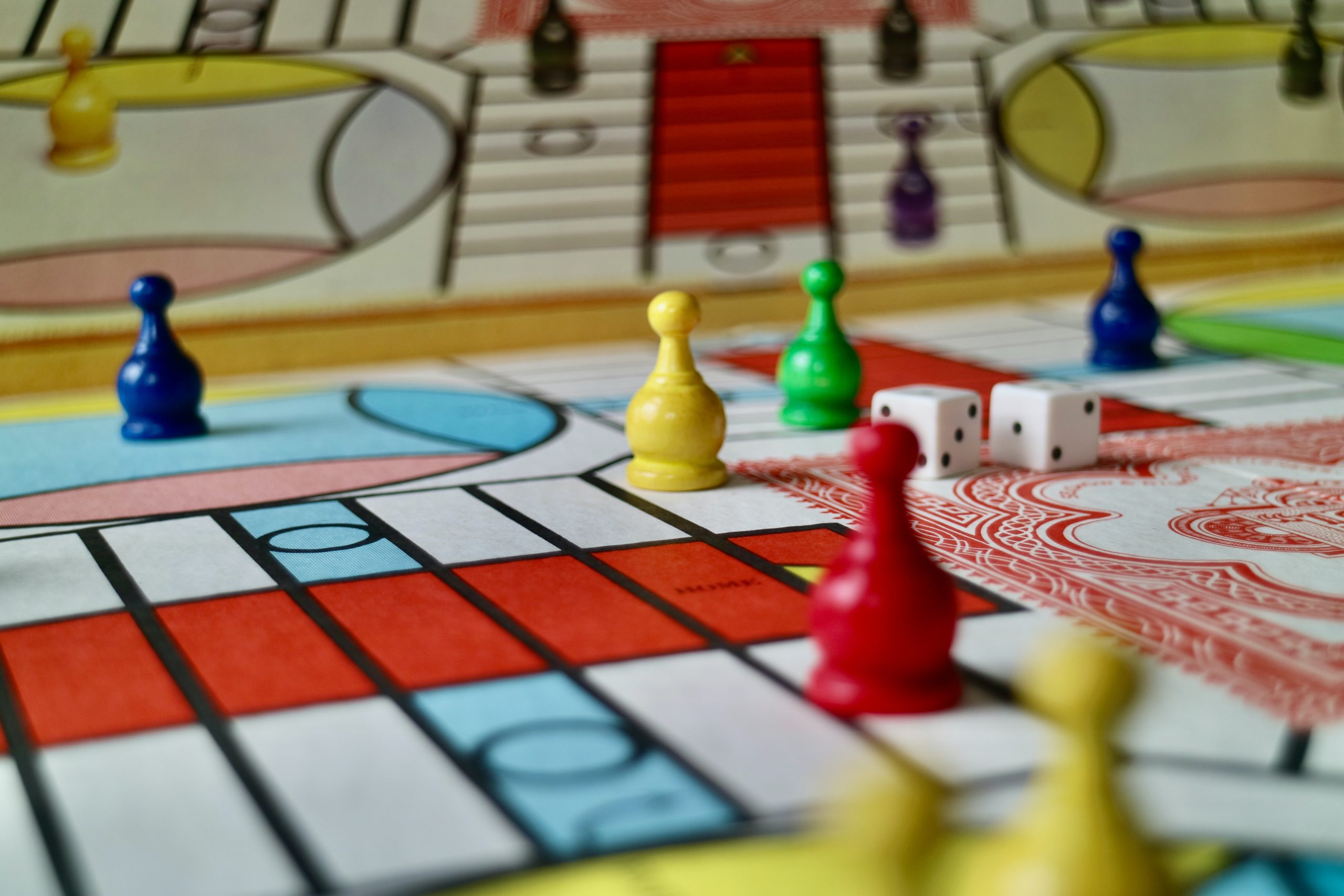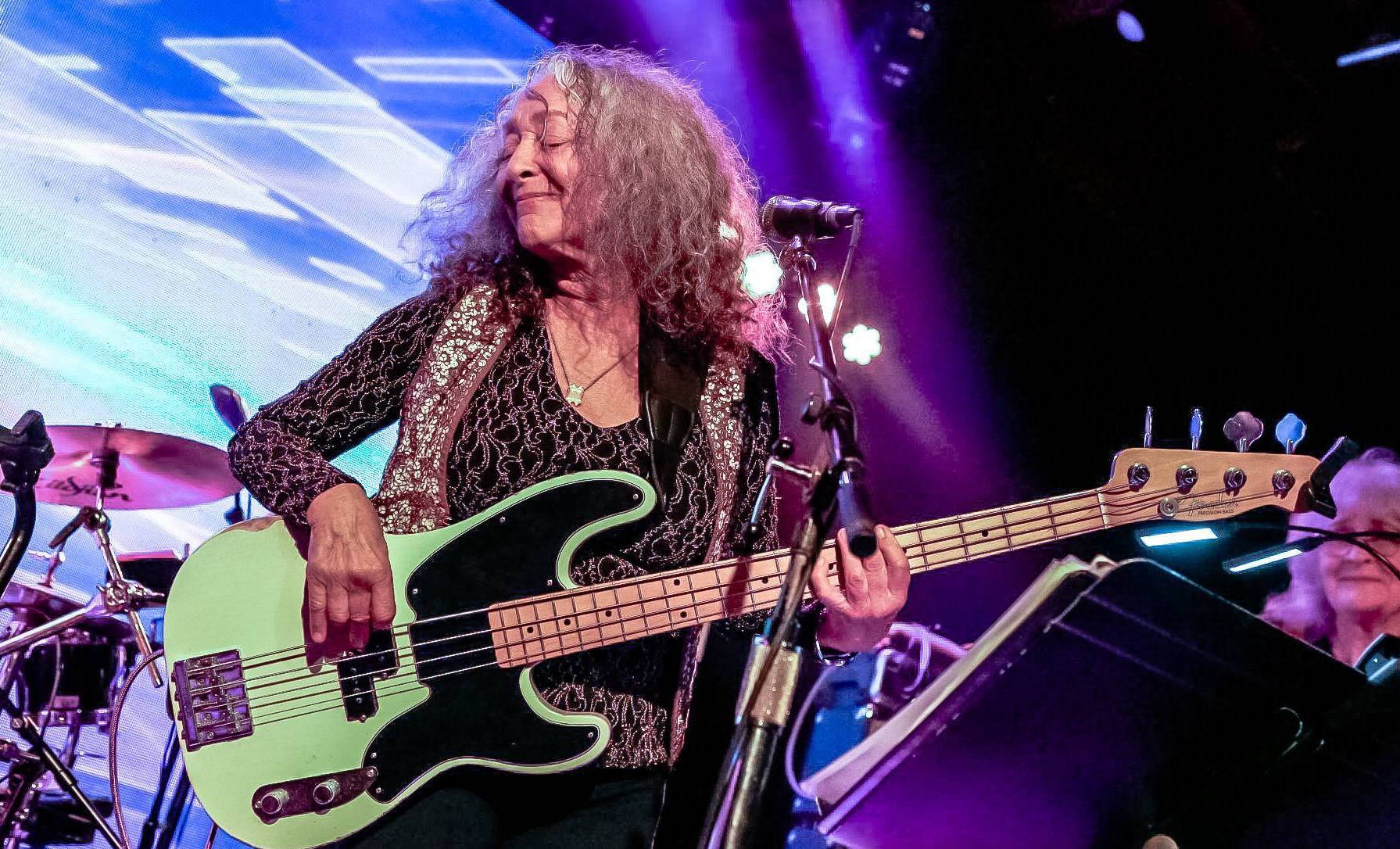Last Updated on July 14, 2022
During the pandemic, did you find yourself dusting off an old board game? For many, board games became a lifeline for passing the time and connecting with others, especially during the lockdown.
Some people turned to timeless classics, such as chess and checkers, while other people discovered online games, such as Tabletopia and Board Game Arena. Often, the goal was the same: combat social isolation.
We asked our Growing Bolder Facebook friends to share their favorite board game with us. We received a lot of great answers that included Rummikub, backgammon and Yahtzee.
Quite a few of you mentioned word games, such as Scrabble. Linda Mamourian said her favorite was a similar game called Upwords, in which the tiles stack on top of each other.
“When I was younger, I loved Scrabble,” Mamourian posted. “But now the print on the board is too small to read easily.”
There’s good news on that front! A new version called Scrabble Giant has a 50% larger game board and pieces compared to the original Scrabble. But be aware — the deluxe, wooden edition is priced at $150 at big box stores.
Roland Fagan said Scrabble brought back fond memories of his childhood.
“We would make homemade ice cream and play several games of Scrabble while I was growing up in the 1960s,” he said. “Now, it has turned into a family tradition over the generations!”
Ken Bowden’s favorite board game is Monopoly.
“It taught me a lot about money and finances as a kid,” Bowden said.
Kenneth Carter told us he “never lost a game” of Monopoly.
Rachel VanDemark and her husband are part of a board game community.
“My current favorite game is Quacks of Quedlinburg,” she said. “We have a whole bookcase full of modern strategy games, like Catan and Ticket to Ride.”
Many chose Trivial Pursuit as your favorite. Alan Easterwood claimed he was an “unbeatable source of useless information.”
Sorry! which is based on the ancient game of Pachisi, received several votes. Jim Kerrigan said he likes playing with his grandchildren because he enjoys “watching them strategize.”
Carol Parent liked the slide on Chutes and Ladders, saying, “It took the sting out of falling back.”
In his book, “Board Games as Media,” author Paul Booth explored the growth in popularity of board games. Written before COVID-19, his research found that people use board games to provide comfort in times of stress. People also shared how a board game aided mental health by helping them overcome issues with anxiety.
No wonder sales skyrocketed during the pandemic.
Booth’s research revealed three ways that playing board games could produce profound empathy among players.
Board games are challenging, but not insurmountable.
When people’s skills are challenged, they tend to grow emotionally. Games offer challenges where players can succeed and be empowered in new ways.
Board games are fundamentally social.
There are plenty of games that only need one player, but most require socialization to work. Sometimes players have to work together to solve problems. Games that are both cooperative and competitive offer something for everyone.
Board games can transport people outside of themselves.
A game with deep themes can take a player to new worlds or allow them to experience life from another perspective.
According to Boardgamegeek.com, more than 5,000 new board games or new editions are released every year. There are even cafes opening around the country offering coffee and snacks at tables with games. A franchise called Snakes & Lattes opened in Toronto in 2010 and now has several cafes, including two in Arizona and one in Chicago.














